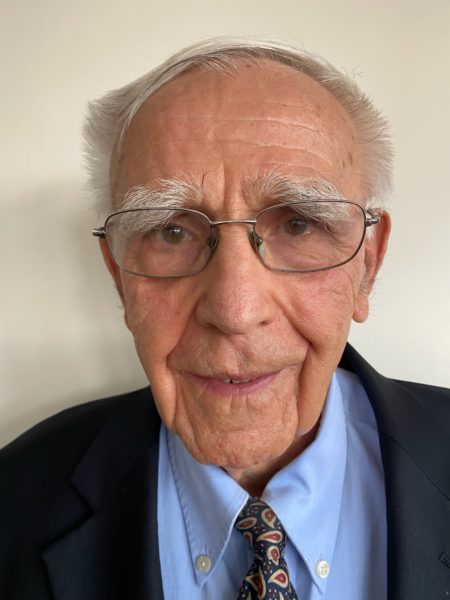Ageism
Not just a year older – a year better!

A few days ago, my friend and I were installing a water jet fountain in the pond next to our house. We have a pontoon to help us transport the jet fountain to the middle of the pond. The task requires at least two people, one to guide the rope on the pontoon and the other on the shore to pull the pontoon towards the middle of the pond. It was my job to pull. I had on my winter outfit as it was still quite cool, with high rubber boots in case I would step in the water. Good premonition. While pulling the pontoon from the vantage point of a large rock, I slipped and fell into deep water, completely submerging and even swallowing a few gulps of pond water. The water was still very cold! I was cursing and laughing at the same time while climbing out of the pond. My wife and our friend were concerned, but then laughed with relief as they helped me out of the pond. While I ran for a hot shower, our friend and my wife finished installing the fountain without further problems.
When I returned, our friend politely suggested that I might be a little old for the job. That started me thinking. My age had nothing to do with what had just happened. It could happen to anyone, young or old. My friend did not mean to offend me, yet his benevolent suggestion still gave me the feeling of ageism.
What is ageism? In the Oxford dictionary it is defined as prejudice or discrimination on the grounds of a person’s age.

Brooklyn Boro
View MoreNew York City’s most populous borough, Brooklyn, is home to nearly 2.6 million residents. If Brooklyn were an independent city it would be the fourth largest city in the United States. While Brooklyn has become the epitome of ‘cool and hip’ in recent years, for those that were born here, raised families here and improved communities over the years, Brooklyn has never been ‘uncool’.